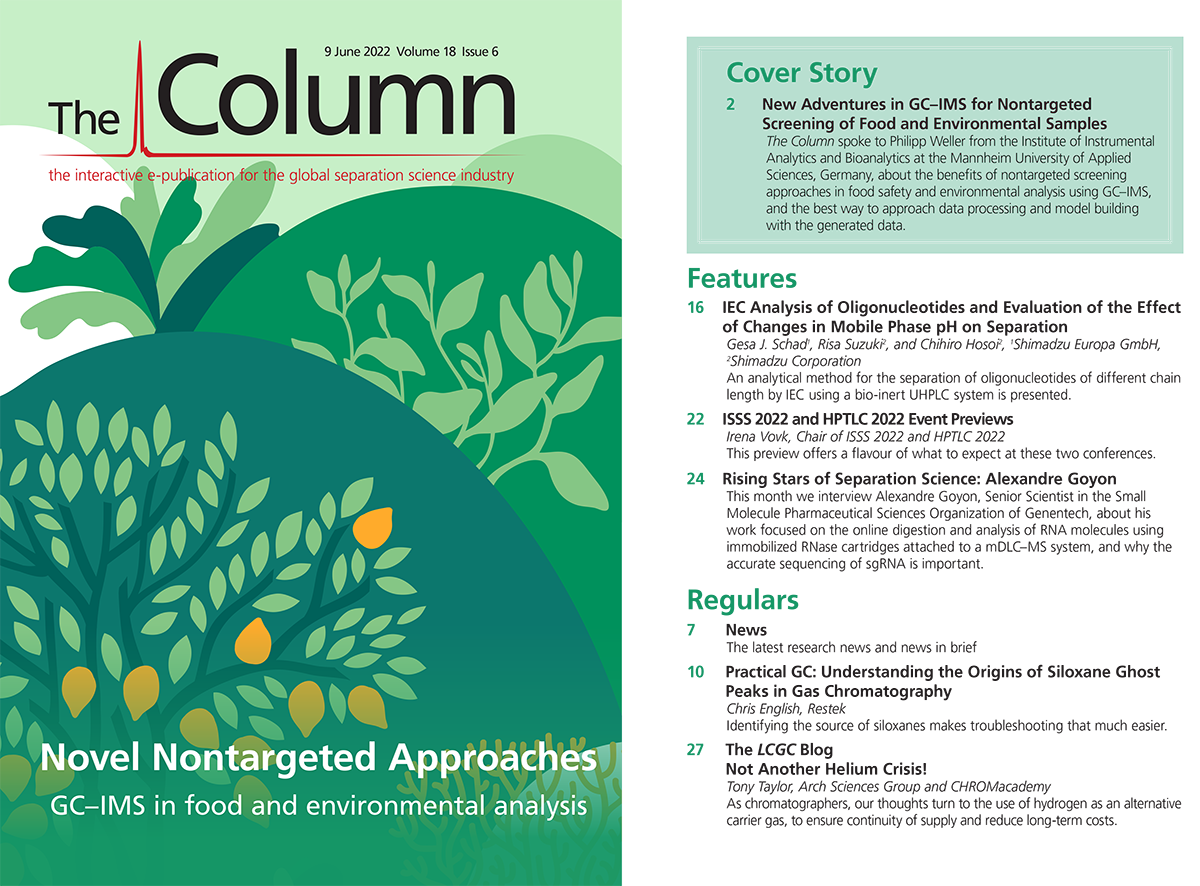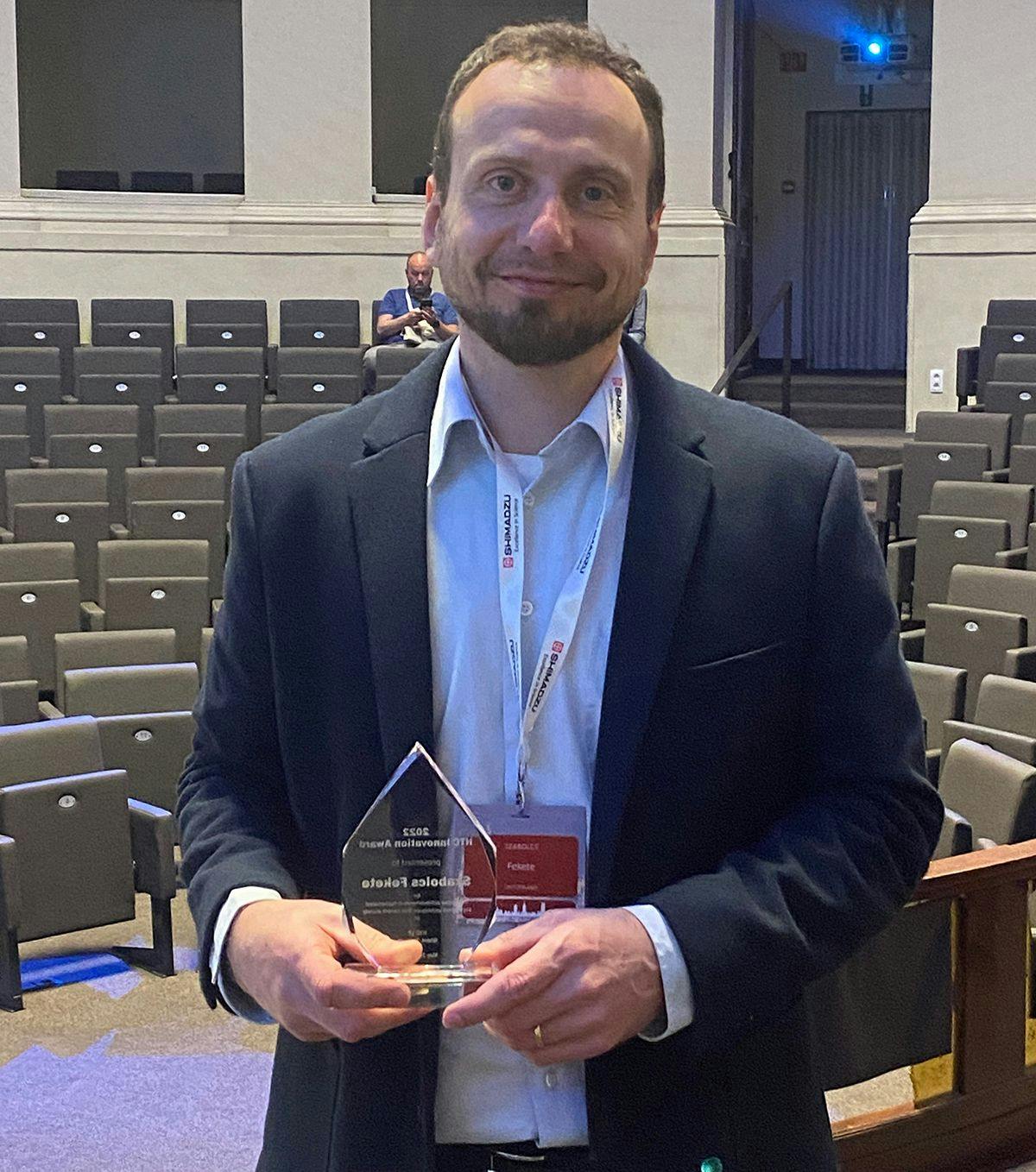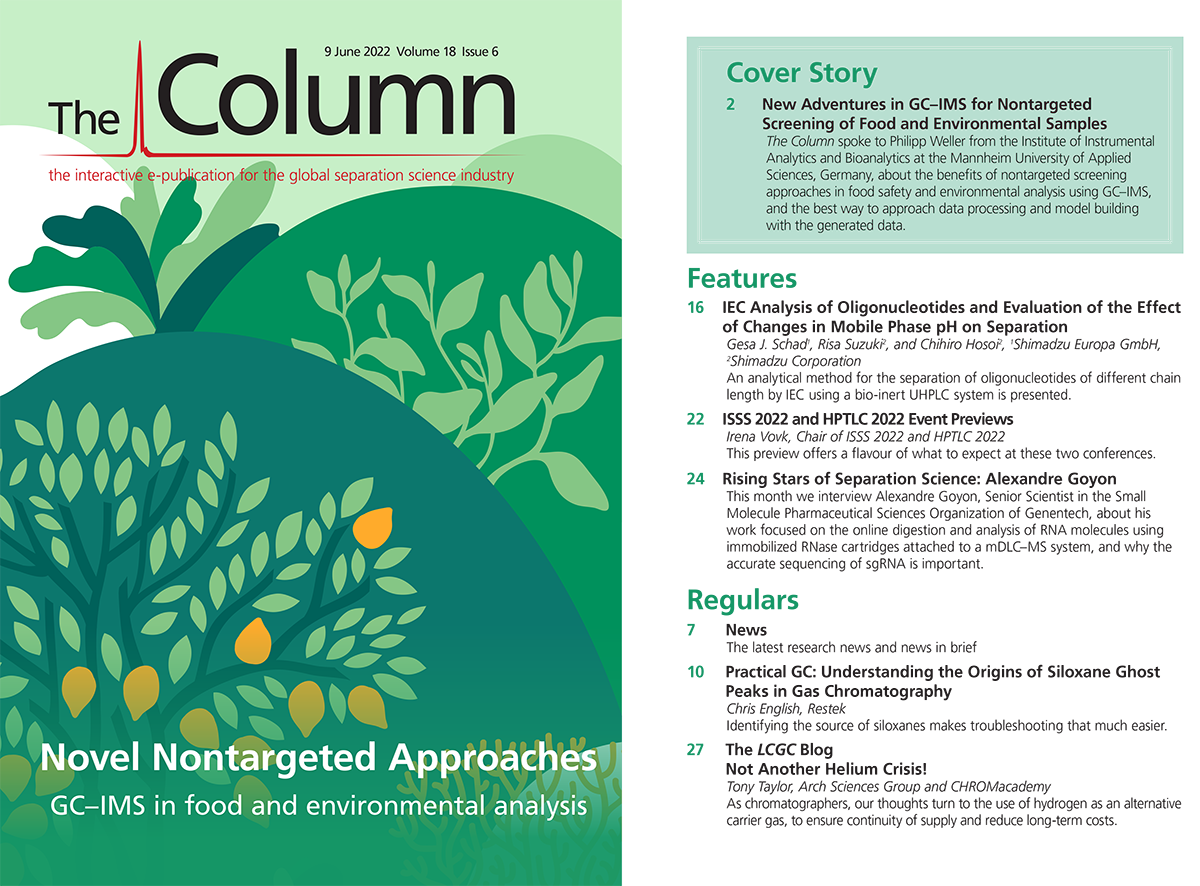Agilent Joins the National Institute for Innovation in Manufacturing to Advance Biomanufacturing
Agilent Technologies Inc. (Santa Clara, California, USA) has announced that it has joined the National Institute for Innovation in Manufacturing to Advance Biomanufacturing (NIIMBL), demonstrating Agilent’s commitment to supporting biopharmaceutical and biotherapeutics customer challenges through partnership and innovation using tools and workflows.
NIIMBL’s mission is to accelerate biopharmaceutical innovation, support the development of standards that enable more efficient and rapid manufacturing capabilities, and educate and train a world-leading biopharmaceutical manufacturing workforce, which will fundamentally advance U.S. competitiveness in the industry.
“Agilent has long played a key role in providing trusted answers for the analytical needs of the biopharmaceutical industry,” said Agilent CEO Mike McMullen. “The prominence of biopharmaceuticals coupled with the advent of precision cell and gene biotherapeutics has further spurred the need for innovative measurement tools to help deliver life-saving drugs and diagnostics to patients.
“Agilent’s online HPLC sampling portfolio, cellular imaging, and real-time sensor technologies exemplify how the company can help address current and emerging needs. Additionally, Agilent’s NIIMBL membership will allow us to work closely with all continuum partners to help shape the future of innovation and standards used in bioprocess development
and biomanufacturing.”
For more information, please click here: www.agilent.com

Investigating 3D-Printable Stationary Phases in Liquid Chromatography
May 7th 20253D printing technology has potential in chromatography, but a major challenge is developing materials with both high porosity and robust mechanical properties. Recently, scientists compared the separation performances of eight different 3D printable stationary phases.
Detecting Hyper-Fast Chromatographic Peaks Using Ion Mobility Spectrometry
May 6th 2025Ion mobility spectrometers can detect trace compounds quickly, though they can face various issues with detecting certain peaks. University of Hannover scientists created a new system for resolving hyper-fast gas chromatography (GC) peaks.
University of Oklahoma and UC Davis Researchers Probe Lipidomic Profiles with RP-LC–HRMS/MS
May 6th 2025A joint study between the University of Oklahoma Health Sciences Center (Oklahoma City, Oklahoma) and the UC Davis West Coast Metabolomics Center (Davis, California) identified differentially regulated lipids in type 2 diabetes (T2D) and obesity through the application of reversed-phase liquid chromatography-accurate mass tandem mass spectrometry (RP-LC-accurate MS/MS).

.png&w=3840&q=75)

.png&w=3840&q=75)



.png&w=3840&q=75)



.png&w=3840&q=75)













